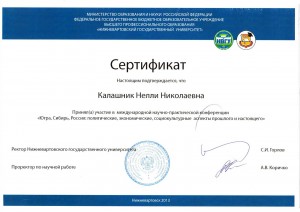What ‘ingredients’ make a good lesson?
And the students’ answers were the following:
- When teachers feel positive about us and what we can achieve.
- Where we get a sense of achievement.
- Where we have fun.
- Where we can talk our ideas through.
- Where we can feel safe to try things out and get them wrong.
- Where we get a variety of things to do.
- Where we do most of the work – rather than the teacher talking all the time.
- When we know what we should be doing and it links up to what we should be learning.
So, when giving a task, students should know what they are doing it for, what skills they will acquire, what are the objectives and outcomes. E.g. by doing the task: “identify at least 2 strengths in our essay and to make up at least 2 improvements that need to be made”, the students should know that they experience personal growth, development, independence. By doing the task: “interpret the text using a table”, they acquiring new skills of reconstructing wording into tables. By doing the task of exploring the arguments for and against, the students explore attitudes.
Moreover, if we want learners to get better, they need to be the ones doing the heavy lifting. This means that the less you do while they are working, the better. By the time the task starts, you need to move around and get a sense of whether they have got started in the right way. “This should be done through observation, not though enquiry, as enquiry distracts learners from their partners and the task at hand, and focuses them on you”. (4) Furthermore, it should be kept in our mind that “a task without post-task feedback is like a day without sunshine”. (4)





Recent comments